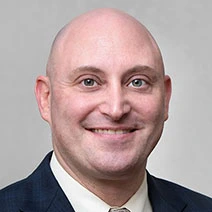A growing number of hospital patients are routinely given drugs to prevent acid reflux. But according to a new study, patients who take these so-called proton pump inhibitors are at higher risk for pneumonia than those who do not.
The drugs — including Nexium, Prilosec and Prevacid — are often recommended for intensive-care patients to prevent stress ulcers, and in recent years they have been given to many other hospital patients, in large part because they are widely perceived to be safe. Experts estimate that 40 to 70 percent of inpatients now receive acid-suppressive drugs during a hospital stay.
The study, published in The Journal of the American Medical Association this week, found that patients, treated with acid-reflux drugs faced a 30 percent increase in pneumonia risk over patients who were not.
The study's lead author, Dr. Shoshana Herzig, chief medical resident at Boston's Beth Israel Deaconess Medical Center, said proton pump inhibitors, which suppress acid in the stomach, might promote the growth of different types of bacteria in the upper gastrointestinal and respiratory tract, and those bacteria might be the culprits in the pneumonias. Another explanation, she said, might be that acid stimulates coughing, and coughing less might promote pneumonia.
A spokesman for AstraZeneca, which makes Nexium, also known as “the purple pill,” said the study, couldn't definitively show that the drug caused excess pneumonia.


